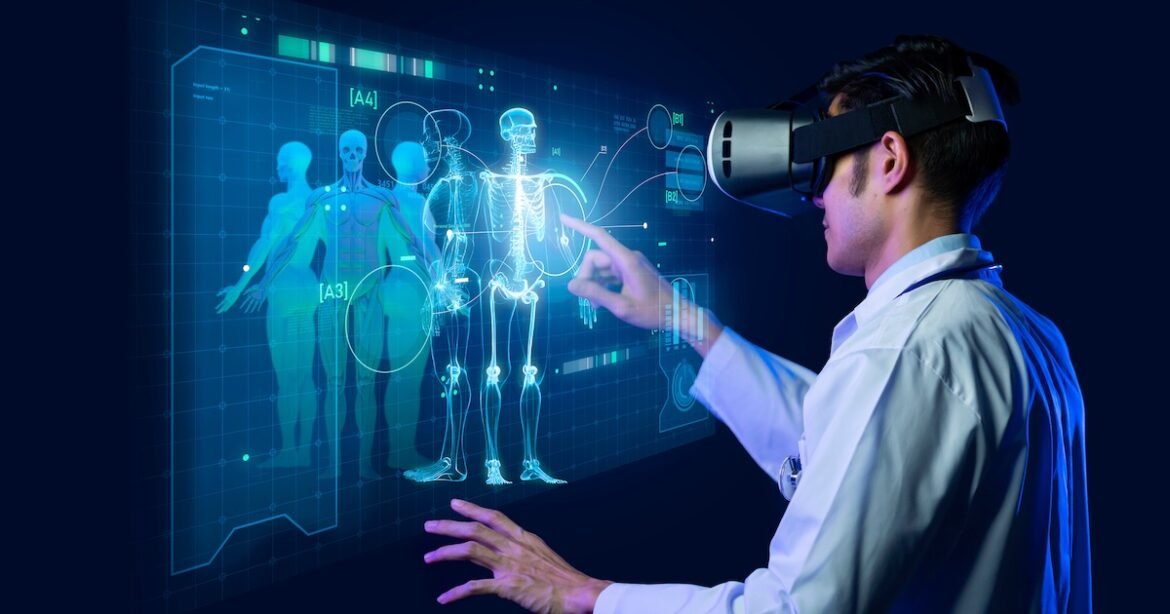
Overview of Machine Learning in Healthcare Industry
Definition of Machine Learning
Machine learning, a subset of artificial intelligence (AI), refers to the ability of algorithms to improve automatically through experience. Simply put, it enables computers to learn from data, recognize patterns, and make decisions with minimal human intervention. In the healthcare sector, this technology unlocks invaluable insights from vast datasets, enhancing both diagnosis and treatment. For instance, algorithms trained on thousands of medical images can accurately identify anomalies far faster than the human eye.
Importance of Machine Learning in Healthcare
The significance of machine learning in healthcare cannot be overstated. With its capacity to analyze complex medical data, it contributes to numerous critical areas, transforming how both providers and patients manage health. Here are a few key reasons why machine learning is vital:
- Enhanced Accuracy: Algorithms can analyze symptoms and patient history to provide more accurate diagnoses.
- Efficiency in Operations: Automating routine tasks reduces administrative burdens on healthcare professionals.
- Predictive Analytics: Machine learning can anticipate patient outcomes, enabling proactive care and timely interventions.
Consider a scenario where a hospital uses machine learning models to predict patient deterioration in real-time. This technology not only saves lives but also optimizes resource allocation, ultimately leading to better patient care. As we delve deeper into various applications, it becomes evident that machine learning is indeed reshaping the healthcare landscape, making it more efficient and effective.
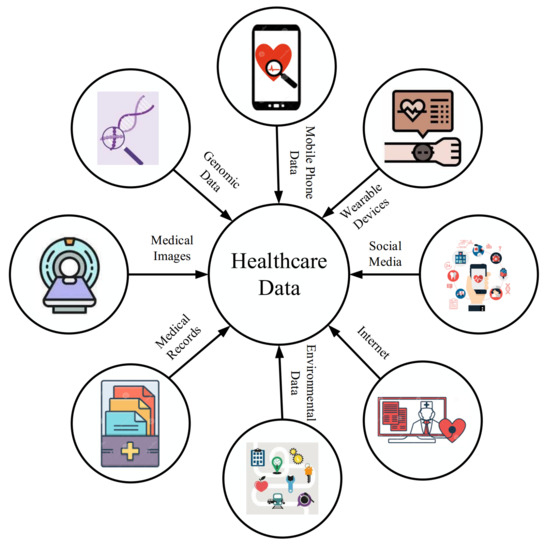
Applications of Machine Learning in Healthcare
Diagnostics and Imaging
One of the most groundbreaking applications of machine learning in healthcare is its role in diagnostics and imaging. By utilizing advanced algorithms, healthcare professionals can analyze medical images—like X-rays, MRIs, and CT scans—more accurately and efficiently. For instance, a radiologist may employ machine learning tools that can detect tumors at an early stage, significantly increasing the chances of successful treatment.
Personalized Treatment Plans
Machine learning enables the development of personalized treatment plans tailored specifically to individual patient needs. This approach considers various factors, including genetic data, medical history, and lifestyle choices. For example, oncologists can utilize predictive models to determine which treatment regimen is most effective for a particular patient based on their unique tumor characteristics.
- Key Benefits:
- Enhanced patient outcomes through customized therapies
- Reduction in trial-and-error approach to medication
Drug Discovery and Development
The lengthy and costly process of drug discovery can also benefit from machine learning. Algorithms can analyze large datasets to identify potential drug candidates or repurpose existing medications, dramatically accelerating the research timeline. Companies that integrate machine learning are often able to bring new drugs to market faster and more cost-effectively.
Patient Outcomes Prediction
Finally, predicting patient outcomes is a crucial application of machine learning. By analyzing historical data, machine learning models can forecast complications, hospital readmissions, or even the likelihood of recovery. For example, a predictive model might alert healthcare providers about a patient at high risk of heart failure, allowing for timely preventive measures.
Together, these applications demonstrate how machine learning is revolutionizing the healthcare landscape, making it possible to provide targeted, efficient, and beneficial care.
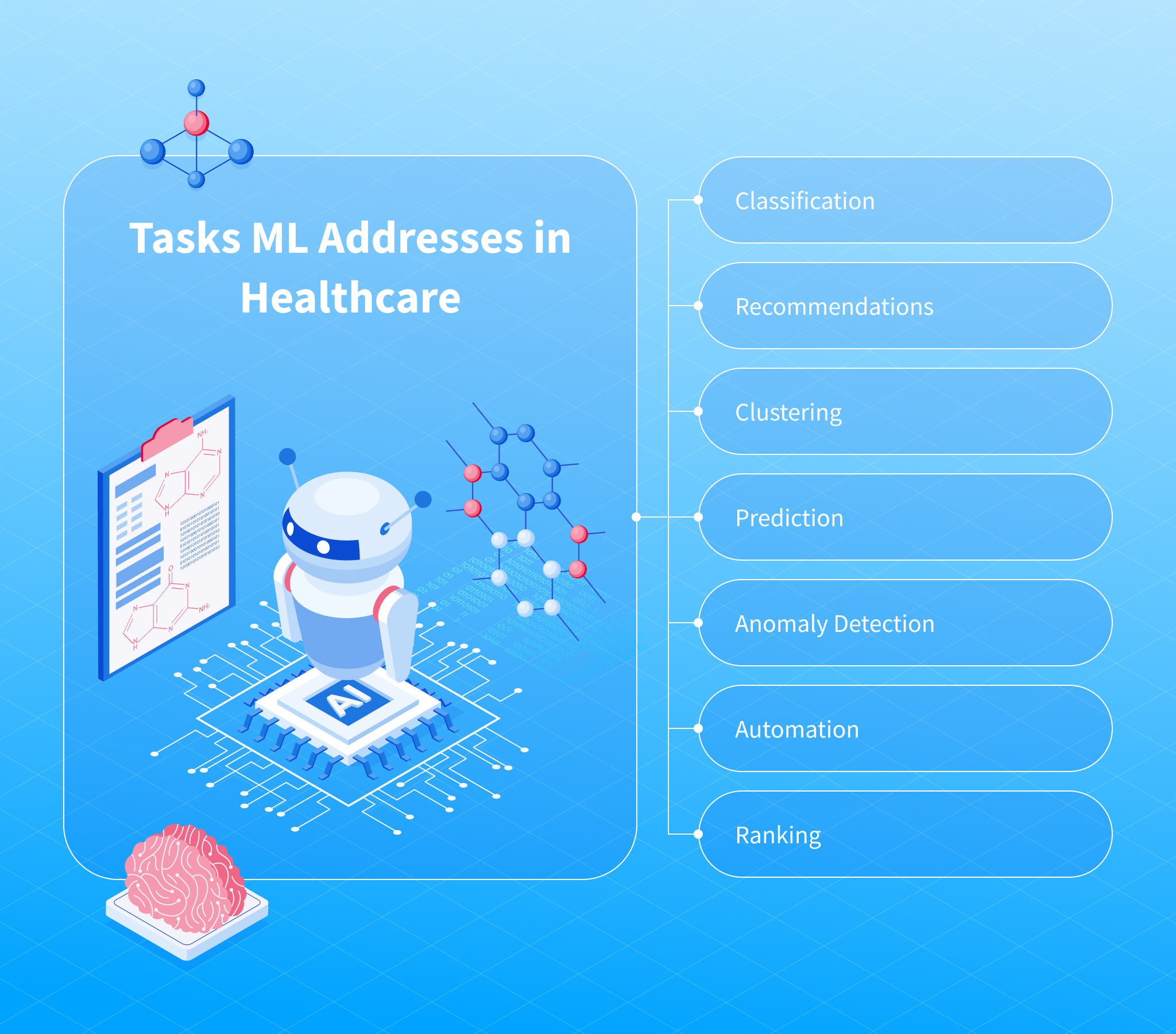
Challenges and Limitations
While the applications of machine learning in healthcare are transformative, there are also significant challenges and limitations that must be addressed.
Data Privacy and Security
One of the primary concerns surrounding machine learning in healthcare is data privacy and security. With sensitive patient data being the cornerstone of effective models, ensuring that this information remains confidential is paramount. For example, breaches can not only harm patient trust but also lead to severe legal repercussions. Healthcare organizations must implement robust cybersecurity measures, including:
- Encryption of sensitive data
- Regular security audits
- Employee training on data handling practices
Integration with Existing Systems
Another hurdle is the integration of machine learning systems with existing healthcare infrastructure. Many healthcare providers still rely on legacy systems that may not be compatible with modern technology. This discrepancy can lead to challenges in data sharing and interoperability. A practical solution involves investing in scalable IT infrastructure that supports seamless data flow and enables compatibility with various platforms.
Regulatory Compliance
Lastly, navigating the regulatory landscape poses another challenge. Healthcare organizations must comply with strict regulations, such as HIPAA in the United States, which governs the use and exchange of health information. Ensuring that machine learning applications meet these compliance requirements can slow down innovation.
In summary, while the promise of machine learning in healthcare is vast, addressing these challenges is critical to realizing its full potential. By focusing on data privacy, system integration, and regulatory compliance, the industry can move toward a safer, more effective use of this groundbreaking technology.

Future Trends in Machine Learning for Healthcare
As we look to the future, machine learning will continue to evolve and reshape the healthcare landscape in remarkable ways. There are several key trends emerging that promise to enhance the efficacy of healthcare delivery.
Advancements in Predictive Analytics
One significant trend is the advancement of predictive analytics. As algorithms become more sophisticated, they will leverage real-time data to predict health risks with unprecedented accuracy. For example, a health system might use these analytics to identify patients who are at risk of developing chronic conditions, allowing for early intervention. This proactive approach not only improves patient outcomes but also reduces long-term healthcare costs.
Enhanced Patient Care through AI
Artificial intelligence (AI) will also play a pivotal role in enhancing patient care. With chatbots and virtual assistants being deployed for preliminary assessments, patients can receive instant responses to their inquiries, improving their overall experience. Imagine a scenario where a patient can engage with a virtual assistant to schedule appointments or receive medication reminders—this kind of convenience will profoundly impact patient adherence and satisfaction.
Ethical Considerations in AI-driven Healthcare
However, as we embrace these advancements, it is essential to address ethical considerations in AI-driven healthcare. Issues surrounding bias in algorithms and the fairness of data utilization will need to be prioritized. Ensuring that AI systems are transparent and equitable will be key to maintaining public trust.
In conclusion, the future of machine learning in healthcare promises not only improved outcomes and efficiencies but also a deeper commitment to ethical standards, helping to create a more patient-centered and accessible healthcare system.
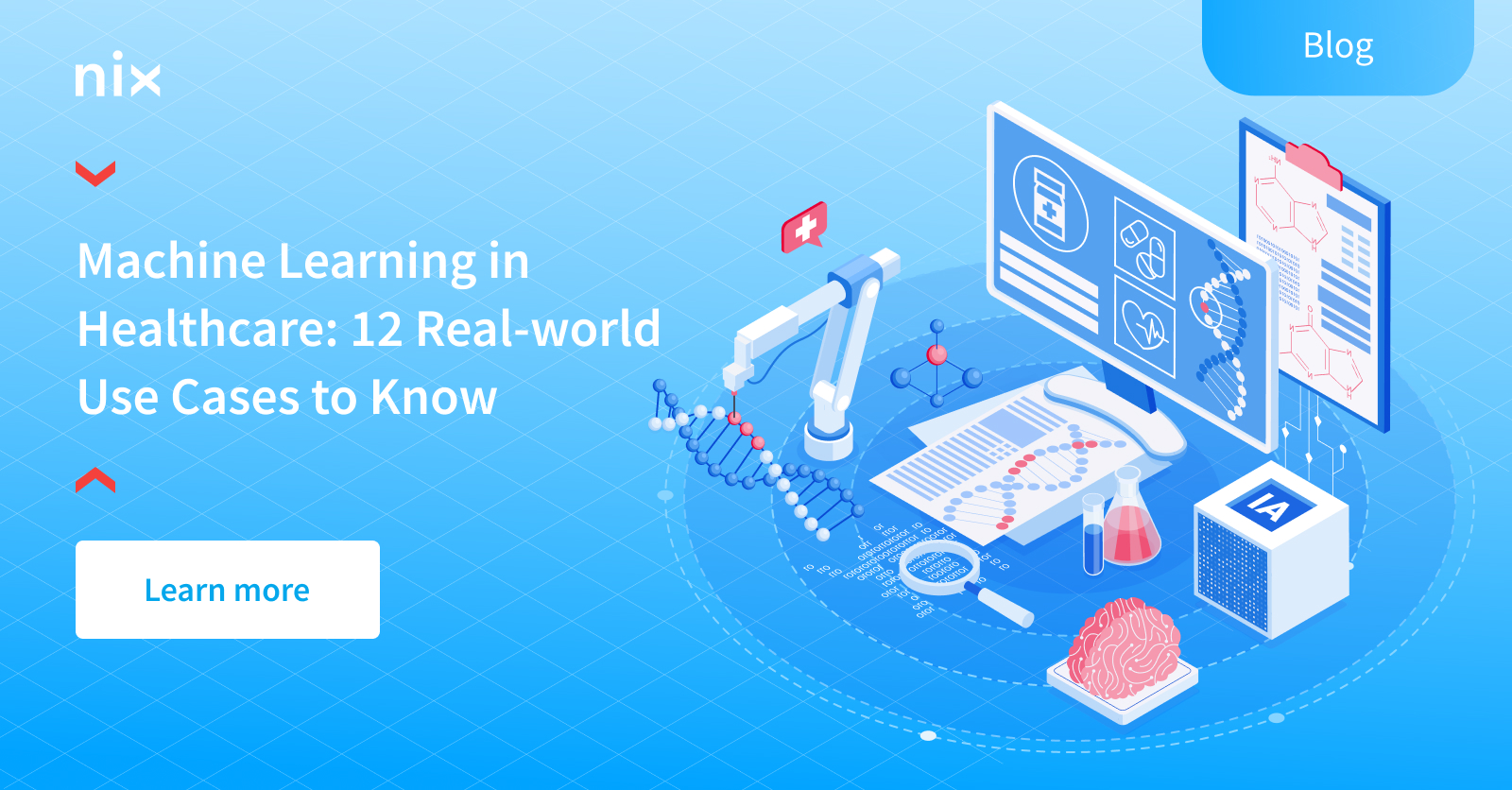
Case Studies and Success Stories
As we contemplate the exciting advancements in machine learning within healthcare, it’s important to highlight tangible examples that illustrate its transformative impact. These case studies showcase how this technology is being effectively implemented in real-world settings.
Examples of Machine Learning in Real Healthcare Settings
Numerous healthcare organizations worldwide are embracing machine learning to improve patient care. For instance, a prominent academic medical center developed an AI diagnostic tool that analyzes medical images for early detection of cancers. By training the model on thousands of previous scans, it achieved an accuracy rate exceeding that of human radiologists. This tool allows doctors to diagnose diseases earlier and more reliably, ultimately saving more lives.
Another compelling example comes from a hospital that incorporated predictive analytics into its emergency department workflow. By utilizing machine learning algorithms, the hospital was able to predict patient inflow patterns, optimizing staff allocation and reducing wait times.
Positive Impacts on Patient Outcomes
The results of these implementations have been astounding:
- Reduced Diagnostic Errors: AI tools have significantly decreased misdiagnosis rates.
- Increased Patient Satisfaction: Streamlined processes lead to shorter wait times and improved experiences.
- Better Resource Management: Predictive analytics allows healthcare facilities to operate more efficiently, ensuring that resources are allocated where they are most needed.
In summary, these case studies not only highlight successful applications of machine learning in healthcare but also illustrate the profound positive impacts on patient outcomes. As more institutions adopt these innovative technologies, the future looks increasingly bright for both healthcare providers and patients alike.

Opportunities for Growth and Development
As the healthcare industry increasingly adopts machine learning technologies, significant opportunities for growth and development are emerging, marking a new era for professionals in both healthcare and technology.
Job Prospects in Healthcare AI
The demand for skilled professionals in healthcare AI is skyrocketing. Organizations are seeking talent across various roles, including:
- Data Scientists: Experts who can analyze complex datasets to derive actionable insights for patient care.
- Machine Learning Engineers: Professionals who develop algorithms tailored to healthcare applications.
- Clinical Informatics Specialists: Individuals who bridge the gap between IT and clinical practices to optimize the use of technology in patient care.
I recently spoke with a former nurse who transitioned into a data analyst role in a healthcare organization. She highlighted how, despite initial apprehensions, her clinical background gave her a unique perspective on data interpretation, proving essential for creating meaningful healthcare solutions.
Collaboration between Technology and Medicine
Moreover, the future lies in collaboration between technology companies and medical professionals. Health tech startups are emerging, working hand-in-hand with clinicians to craft products that genuinely address medical needs. This is leading to innovations such as remote monitoring devices and AI-powered decision support systems.
By fostering a synergy between tech and medicine, both sectors can leverage each other’s expertise. This collaboration ultimately results in better health outcomes, more efficient systems, and an exciting landscape for budding professionals in healthcare AI. As we move forward, investing in education and interdisciplinary partnerships will be crucial to harnessing the full potential of machine learning in healthcare.
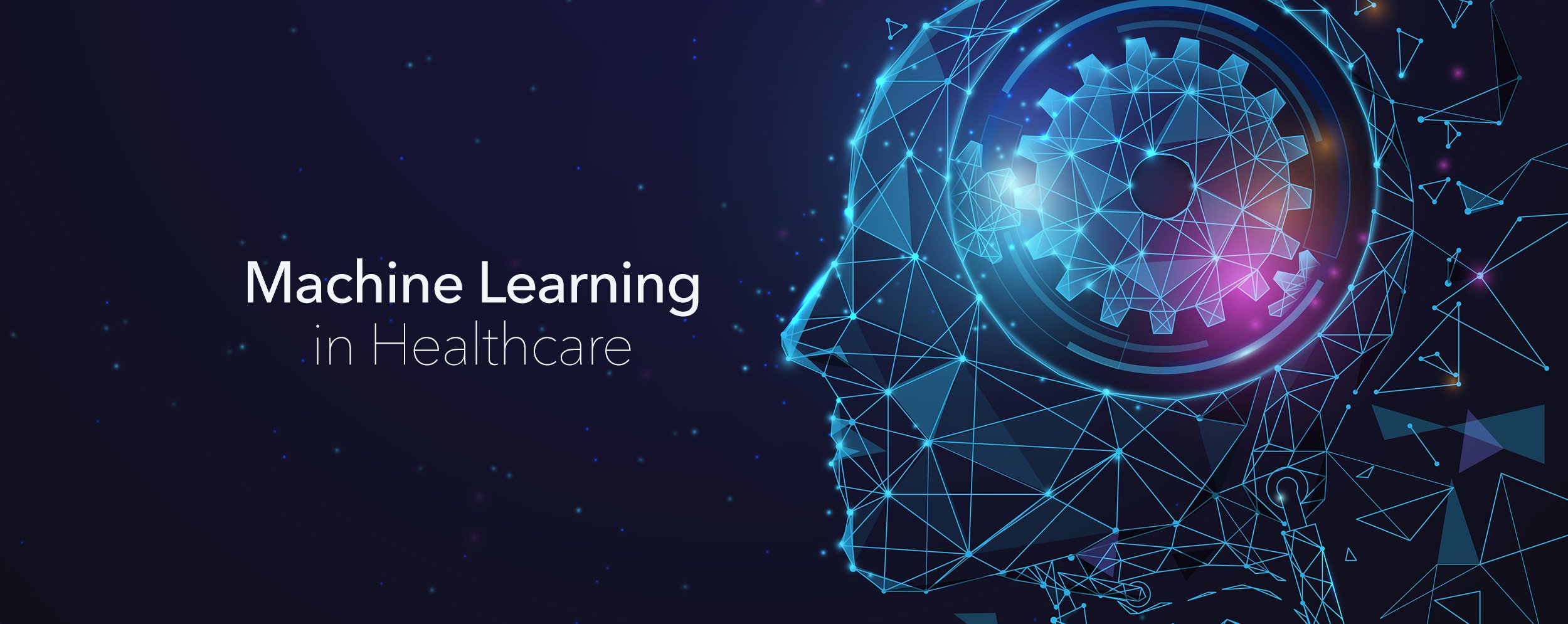
Conclusion
As we wrap up our exploration of machine learning’s role in the healthcare industry, it’s clear that this technology is not just a passing trend but a transformative force reshaping how care is delivered and managed.
Recap of Machine Learning’s Transformative Role in Healthcare
From improving diagnostic accuracy to personalizing treatment plans, machine learning has had an invaluable impact on patient outcomes and healthcare operations. Key applications include:
- Enhanced Diagnostics: AI tools have proven capable of identifying conditions with remarkable accuracy.
- Optimized Operational Efficiency: Predictive analytics helps hospitals manage resources more effectively, reducing wait times and improving staff allocation.
These advancements highlight not only the potential of machine learning to save lives but also to create a more efficient and responsive healthcare system.
Future Implications and Exciting Possibilities
Looking ahead, the implications are even more exciting. The evolution of predictive analytics, AI-enhanced patient care, and ethical considerations in AI will be vital in forging the future of healthcare.
I personally find it exhilarating to imagine a world where AI can predict potential health crises even before symptoms arise, allowing for preemptive actions that potentially save lives. Collaborations between technologists and healthcare professionals will drive these innovations forward, creating a landscape rich with possibilities.
In conclusion, as we embrace these technological advancements, the collaboration of human expertise and machine intelligence will define the future of healthcare, promising better outcomes for patients worldwide.
